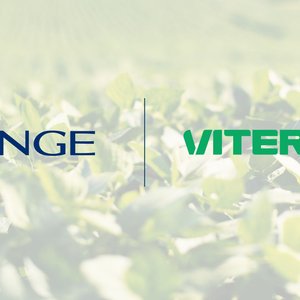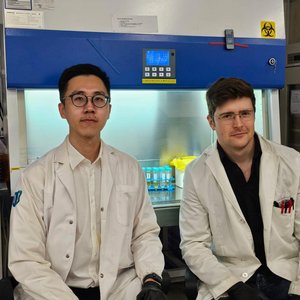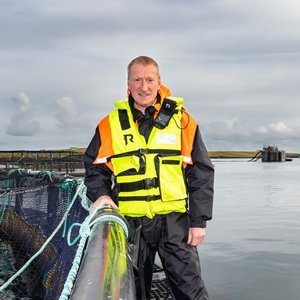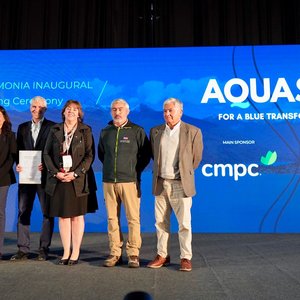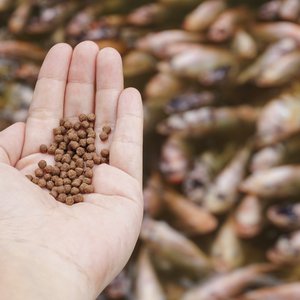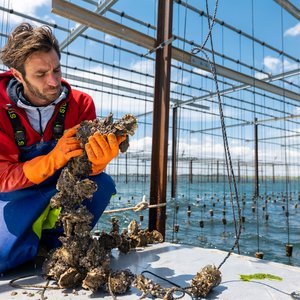The Center for Aquaculture Technologies Canada has received a Certificate of GAP – Good Animal Practice® from the Canadian Council on Animal Care (CCAC) for its aquaculture research facility located in Souris, Prince Edward Island, Canada. The globally recognized CCAC Certificate of GAP – Good Animal Practice® recognizes the Center for Aquaculture Technologies Canada for the quality of their animal ethics and care in science program.
The Center for Aquaculture Technologies is a full-service contract research and development organization focused on the application of biotechnologies to improve productivity, efficiency and sustainability in aquaculture. Founded in 2012, the company has specific expertise in fish health, nutrition, genomics, and genetics.
The Canadian Council on Animal Care (CCAC) is the national peer-review organization responsible for setting, maintaining, and overseeing the implementation of high standards for animal ethics and care in science. Created in 1968, the CCAC is an independent, non-profit organization, acting in the interests of the Canadian people.
Delegates to Aquafeed Horizons 2017conference, can hear CATC Director of Fish Nutrition, Dr. André Dumas discuss discrepancies in the findings on the negative effects of soybean meal on Atlantic salmon. Growth of Atlantic salmon is not always negatively impacted by diets containing relatively high levels of soybean meal. Moreover, the inducement of enteritis differed between soybean sources and we have demonstrated that soybean tolerance/utilization in this species is also influenced by genetics in a recent study. His presentation will address and explain further these discrepancies to ensure soybean meal is used increasingly in an optimal manner in Atlantic salmon feeds.


